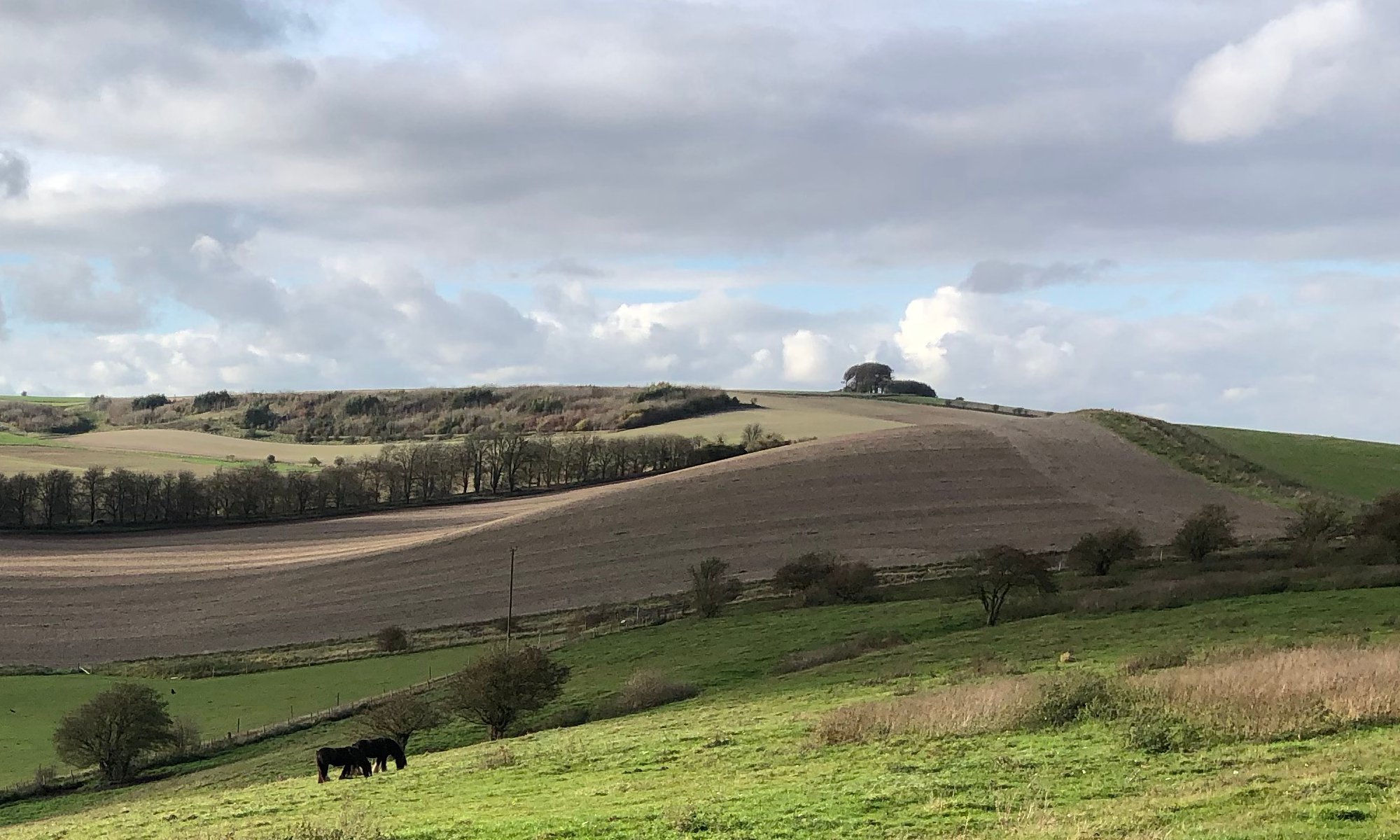Download the Conservation Area document which contains some history of Liddington.
Parish Councils have their origins in the development of villages, all over England, during Saxon and Norman times – 1000 or more years ago.
By the Year 1601, Church Vestry Meetings were so organised and workable that it was quite natural for legislators to give them the responsibility of levying the poor rate. These were the first effective local taxes. Everyone in the parish was entitled to attend Church Vestry Meetings but in practice the work fell to a few individuals, rather like Parish Councils today.
Although the 1834 Poor Law Amendment Act removed from Parish Vestries the responsibility for poor relief and handed it to Poor Law Unions (the origins of our present District Councils) parishes had naturally accumulated responsibility for administering local charities, managing commons under distribution of land as a consequence of the 18th Century Enclosure Acts.
In 1894 although the Squire, the Parson and sometimes the Schoolmaster were still the leaders in the village, popular education was spreading and more people wanted a say in managing local affairs.
The Victorian Prime Minister, W.E. Gladstone, piloted the 1894 Local Government Act through the House of Commons. It met a lot of opposition, for example there were over eight hundred amendments moved during its passage through the House. Nevertheless, the Act became law and Parish Councils were formed.
1894 Act
Under the 1894 Act, Parish Councils were to receive their income from rates levied on agricultural land, but this was a time of agricultural depression and the money raised was so very low that soon this system was abandoned. Householders were then rated – something householders had never experienced before, and this lead to more opposition to Parish Councils. It wasn’t until after the first world war that Central Government began to give serious responsibilities to Parish Councils. The earliest among them being the provision of allotments and playing fields. Although an Act relating to allotments had been passed in 1908.
After the second world war the National Association of Parish Councils was formed, and by 1952 half of all parishes in the country were members. The Association became a national force and raised the profile and consequently the activity of parish councils.
Role of Parish Councils
The 1965 Royal Commission on Local Government (The Redcliffe-Maude Commission) recommended that local councils should be empowered to do what they pleased for the benefit of their people, and a consequence of this was the very important 1972 Local Government Act which removed many of the restrictions on the activities of parish councils. For example, before the 1972 Act, parish councils couldn’t save money from one year to the next in order to fund a major project. This is something all councils have to do these days to avoid having a massive council tax for each year that anything new is attempted. Subsequent legislation has added to parish council powers and now local councils can undertake any of the following:
* The provision of allotments.
* Developing and improving knowledge of the arts and crafts.
* Provision of bars and laundrettes.
* Cemeteries, crematoria, maintenance of churchyards and the provision of mortuaries.
* Provision and maintenance of public clocks.
* Provision of any form of public entertainment and of any premises for giving entertainments. This includes maintaining bands or orchestras and providing for dancing.
* The provision of buildings for public meetings and functions, indoor sports, physical recreation, for clubs having recreation, social or athletic objectives.
* The provision and maintenance of footway lighting, which lights roads and pavements.
* The provision of litter bins and the support of anti-litter campaigns.
* The provision and maintenance of public open spaces, pleasure grounds and public walks, public lavatories, car parks, cycle parks, public parks and associated facilities.
* Maintenance of public footpaths and bridleways, planting and maintaining road side verges.
* Maintenance of public seats, shelters for general public use and particularly for bus passengers, erection of signs which warn of dangers, renounce a place name or indicate a bus stop.
* Provision of indoor or outdoor swimming pools or bathing places.
* Provision of facilities for conferences, the encouragement of recreation and business tourism.
* Powers to maintain a village or town green.
In addition to all those, a parish council can do anything, provided it is for the general benefit of the community, and that the expenditure in any one year does not exceed £5.30 per local government elector in that particular parish or community. Indeed, most things that the parish council might wish to do or hope to do could be covered by other legislation for which expenditure is unlimited. The only limit being imposed is that of the reluctance of parishioners to pay.
Governance
Local Government and Public involvement in Health Act 2007. 1.10 Part 4 of this Act introduces new powers for parishes including:
* alternative styles of name such as community, village or neighbourhood
* council;
* appointing councillors;
* community strategies and governance reviews; and
* extension of powers of well being.
Further Reading
Some of the formal background to Parish and Town Councils can be found by clicking the National Association of Local Councils web site.
